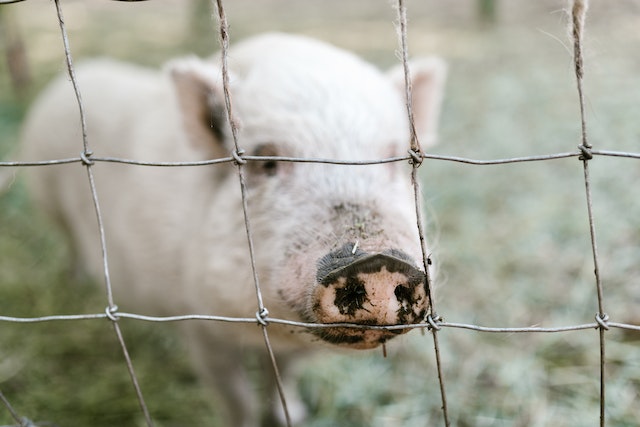Demand has waned for the $54 billion U.S. pork industry, reports The Wall Street Journal, and meatpackers and farmers indicate that there is too much pork in the system.
The abundance of pork has led companies including Smithfield Foods, Tyson Foods, and JBS to scale back hog and pork operations as hog farmers see their worst gains in over two decades, according to Iowa State University. In Iowa, a hog farmer, Dwight Mogler, said he is losing between $30 and $40 on each pig.
“The entire industry is under a tremendous amount of pressure,” said Shane Smith, chief executive of Smithfield, in a statement.
The increased supply is partially due to the Trump administration’s trade war with China that led Beijing to raise tariffs on US pork, which was trimmed in 2020 as a result of a frozen pork dearth in China but was restored in 2022, according to the report. The strong US dollar has also discouraged export of the meat product.
Although prices have yet to come down at retail, officials expect them to lower in the coming weeks, hoping consumers will turn to pork as beef prices continue to rise.
Coinciding with the decreased demand is a recent Supreme Court decision to uphold a California law, Proposition 12, that requires at least 24 square feet of space for a pig, 10 square feet more than the industry normal. This has caused many to renovate their facilities. Full Story (Subscription Required)
Related: Generational Shifts Modify Grocery ‘Value’; NGA Submits Comments on Proposed WIC Online Rule

